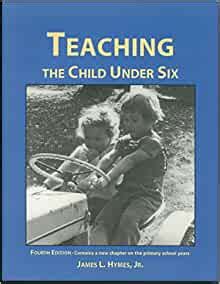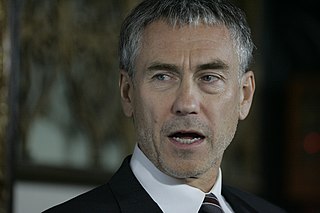A Quote by Sylvia Ashton-Warner
Education, fundamentally, is the increase of the percentage of the conscious in relation to the unconscious. It must be a developing idea.
Quote Topics
Related Quotes
Big ideas come from the unconscious. This is true in art, in science, and in advertising. But your unconscious has to be well informed, or your idea will be irrelevant. Stuff your conscious mind with information, then unhook your rational thought process. You can help this process by going for a long walk, or taking a hot bath, or drinking half a pint of claret. Suddenly, if the telephone line from your unconscious is open, a big idea wells up within you.
No one yet understands the mysterious intelligence within plants or the implications of the idea that nature communicates in a basic chemical language that is unconscious but profound. We do not yet understand how hallucinogens transform the message in the unconscious into revelations beheld by the conscious mind.
No organism can afford to be conscious of matters with which it could deal at unconscious levels. Broadly, we can afford to sink those sorts of knowledge which continue to be true regardless of changes in the environment, but we must maintain in an accessible place all those controls of behavior which must be modified for every instance. The economics of the system, in fact, pushes organisms toward sinking into the unconscious those generalities of relationship which remain permanently true and toward keeping within the conscious the pragmatic of particular instances.
Where philosophy ends, poetry must commence. There should not be a common point of view, a natural manner of thinking which standsin contrast to art and liberal education, or mere living; that is, one should not conceive of a realm of crudeness beyond the boundaries of education. Every conscious link of an organism should not perceive its limits without a feeling for its unity in relation to the whole. For example, philosophy should not only be contrasted to non-philosophy, but also to poetry.
We shall probably get nearest to the truth if we think of the conscious and personal psyche as resting upon the broad basis of an inherited and universal psychic disposition which is as such unconscious, and that our personal psyche bears the same relation to the collective psyche as the individual to society.
The best indicator of your level of consciousness is how you deal with life's challenges when they come. Through those challenges, an already unconscious person tends to become more deeply unconscious, and a conscious person more intensely conscious. You can use a challenge to awaken you, or you can allow it to pull you into even deeper sleep. The dream of ordinary unconsciousness then turns into a nightmare.






































